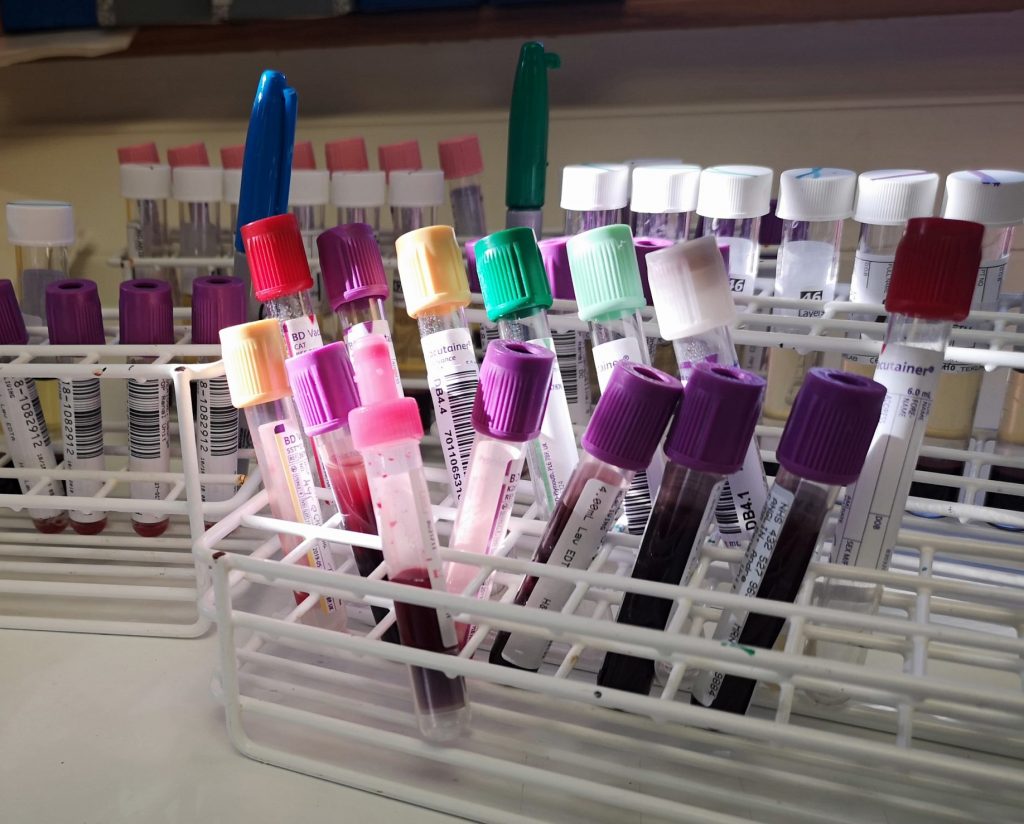
Since March 2020 the QUOD team has been supporting the national effort in the fight against COVID-19. QUOD’s extensive biobanking expertise, infrastructure and personnel have served to set up the NHSBT Oxford COVID BioArchive (COBA). Over 68,000 blood samples from convalescent plasma donors who have recovered from COVID-19 have been collected and processed as part of the NHSBT Convalescent Plasma programme. In addition, since September COBA has received over 18,000 samples collected from recipients of convalescent plasma and monoclonal antibody treatment in the international RECOVERY trial.
These samples were used by a number of research groups, NHSBT and Public Health England in a variety of projects, including assessment of novel COVID-19 tests, characterisation of COVID-19 antibody function, and analysis of the efficacy of convalescent plasma treatment. With this COVID BioArchive, we have been able to establish a robust and sustainable resource for future validation and research helping us to gain better insight into COVID-19 and anticipate targeted intervention.
You may have heard that on 15th January randomisations of patients into convalescent plasma was paused following disappointing interim results that showed no evidence that convalescent plasma has an overall benefit on patient outcomes in moderately ill people. Work to search for evidence of benefit in subgroups before organ damage and hospitalisation occurs is now under consideration.
Given the quantity of samples now available, it has been decided that collection of further plasma samples will not be resumed. The news may seem discouraging, however an important scientific question has been answered. In terms of the scale and volume of the operation this was a considerable undertaking that has proved that the QUOD infrastructure in close collaboration with the NHSBT’s Blood Service has the capacity and versatility to help and meet such an important demand.
Over 250,000 samples are currently stored in the COVID BioArchive to be used for dedicated research questions and validation of novel tests. Applications are welcome from national and international research groups or health care authorities.
